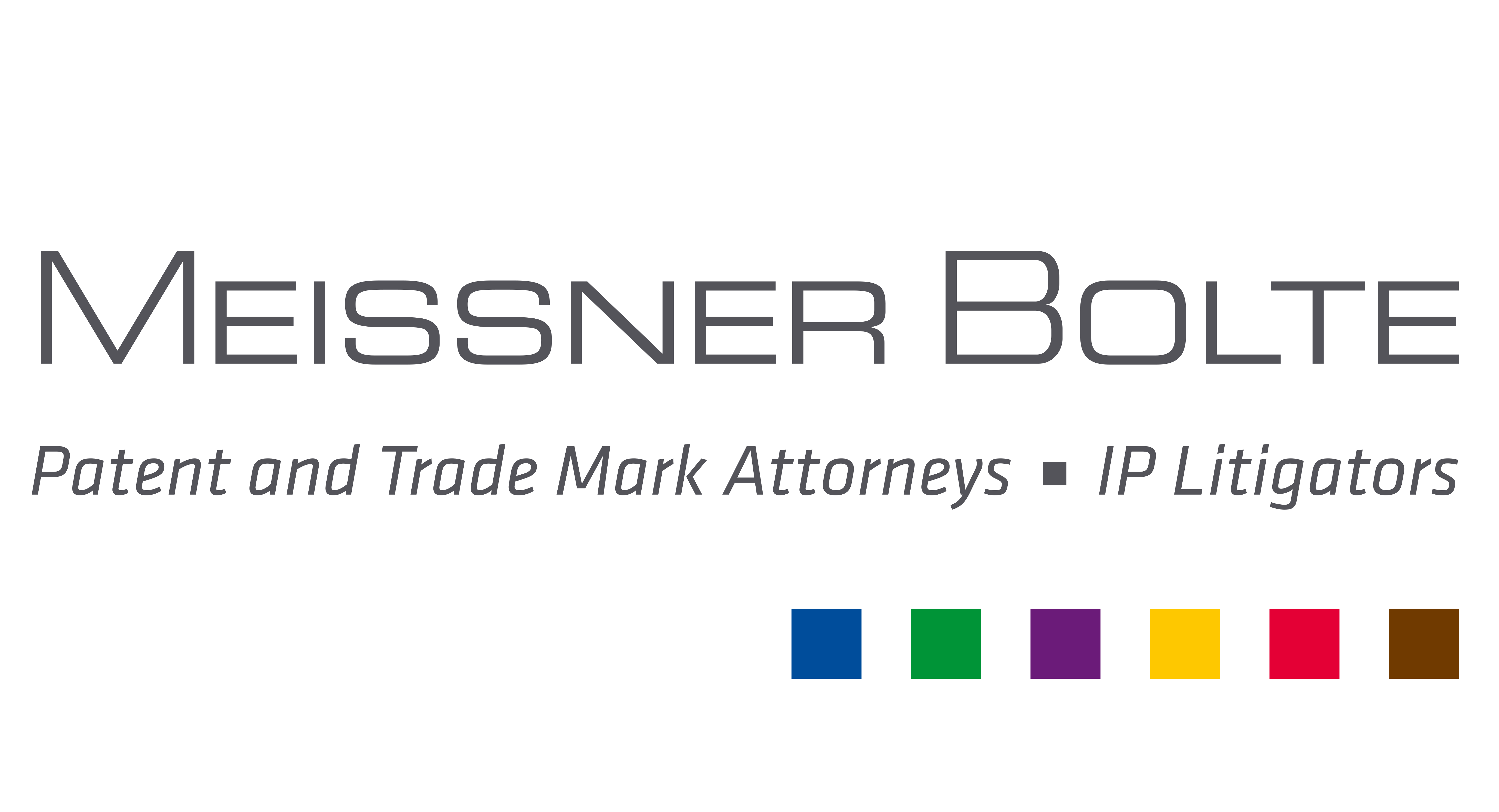Timing
Amphis 1&2
Rooms A1.133 Fermi & A1.139 Germain
08h00–08h45
Registration
08h45–09h00
Opening Ceremony — Introductory Session
Stéphane Dupré la Tour — Director of Advanced Innovation and Digital Technologies, EDF R&D
Rémy Houssin — Associate Professor, Strasbourg University, ETRIA President
Denis Cavallucci — Professor, INSA Strasbourg, TRAI2025 Chair
09h00–09h45
 Keynote 1 Etienne Mineur (CEO Volumique)
Keynote 1 Etienne Mineur (CEO Volumique)
Contradictions & LLM / Chairperson: Pavel Livotov
Industrial applications: energy, water, manufacturing, packaging / Chairperson: Stelian Brad
09h45–10h10
Contradiction Formulation Using Large Language Models and Generative AI — Marek Mysior; Denis Cavallucci
Clean Fire, Green Future: Inventive Solutions for Waste-to-Energy Technology — Elizaveta Girshova; Mikhail Kaliteevski; Leonid Chechurin
10h10–10h35
Patents as Signals for Green Investment Opportunity Evaluation: A Full-Cycle AI-Powered TRIZ Framework — Mustafa Çakir; Claudia Hentschel
Classification of Geometric Effects Based on the 40 Inventive Principles — Matteo Cattaneo; Christian Spreafico; Davide Russo
10h35–11h00
Technical Contradiction Extraction Based on Two-Stage Knowledge Fusion Mechanism — Wenjun Sun; Yajuan Zhao; Chongjun Xi; Lucheng Lyu
Bridging the Innovation Gap: Insights From an Electrostatic Dust Precipitator for Mongolia — Swen Günther; Gunther Claus Stehr; Philipp Kaiser
11h00–11h30
Coffee Break
Contradictions & LLM / Chairperson: Rémy Houssin
Industrial applications: energy, water, manufacturing, packaging / Chairperson: Amadou Coulibaly
11h30–11h55
AI-Aided Anticipatory Protection of Inventions Against Technical Non-Infringing Patent Circumvention — Pavel Livotov; Hans Joachim Gerstein; Alexander Müller
Research on Opportunities Identification and Implementation Methods Based on Multi-layer Knowledge Graphs — Jianguang Sun; Delong Zhang; Xiangjie Lin; Yongsheng Zhai
11h55–12h20
AI-Powered Patent Classification: A Hybrid Approach Merging Algorithms and LLMs — Guido Giuntelli; Davide Russo; Christian Spreafico; Andrea Precorvi
Systematic Cause Elimination in TRIZ Cause-Effect Models With Partially Defined Logical Operators — Jerzy Chrząszcz
12h20–12h45
AI-Based Metric for the Scientific Text Novelty — Anna Kruzenshtern; Viktor Dodonov; Leonid Chechurin
CPU-Efficient Verification of Science Problem-Solution Pairs: Design Rationale and Baselines — Nicolas Douard; Ahmed Samet; George Giakos; Denis Cavallucci
12h45–14h00
Lunch break & Networking session
14h00–14h45
 Keynote 2 Richard Platt (Ex-Intel)
Keynote 2 Richard Platt (Ex-Intel)
Patents, drafting & protection / Chairperson: Hicham Chibane
Robotics, Modeling & Automation / Chairperson: Eric Coatanea
14h45–15h10
Enhancing Patent Drafting Through Contradiction Identification — Paolo Carrara; Guido Frigieri; Margherita Sarti
AI-Driven Robot Programming Optimization Using TRIZ Principles for Efficient and Seamless Deployment — Bogdan Balog; Stelian Brad; Emilia Brad; Vasile-Dragos Bartos; Diana Ticudean; Alexandru-Gabriel Cirlejan
15h10–15h35
Discovery Omnia: Dynamic RAG for Enhanced Patent Analysis and Systematic Innovation — Simone Avogadri; Giovanni Alzetta; Davide Russo
Automated TRIZ Function Model Generation Using Large Language Models: An Ontology-Guided Framework for Engineering Problem Analysis — Yindi Sun; Guoxin Cao; Jiangkai Jia
15h35–16h00
Leveraging Large Language Models and TRIZ: A Multi-Agent Framework for Automated Patent Drafting and Innovation Generation — Xingyu Guo; Yi Tan; Rui Chen
Large Language Model-based Functional Modeling of Technical Systems — Marek Mysior; Łukasz Zyga; Christian Iniotakis
16h00–16h30
Coffee Break
AI & TRIZ Tools automation / Chairperson: Oliver Gerundt
AI-Augmented Research work / Chairperson: Günther Stehr
16h30–16h55
Investigating the Integration and Adaptation of ARIZ With Large Language Models — Iliass Ayaou; Denis Cavallucci; Hicham Chibane
AI-Augmented Discovery of Inventive Principles for Self-Contradictory Parameters in the TRIZ Matrix — Stelian Brad; Alexandru Cirlejan; Emilia Brad; Ionut Chis
16h55–17h20
Breaking Industry Barriers: Using AI to Contextualize TRIZ Principles Across Diverse Sectors — Jerzy Obojski
Comparative Study on AI-Augmented Inventive Problem Solving With TRIZ, TRIZ-AI Hybrid, and Autonomous AI: An Inline Coating Measurement Case in Lithium-Ion Cell Production — Pavel Livotov; Norbert Huber; Claudia Hentschel; Oliver Mayer; Jens Träger; Gunther Bohn; Leonard Höcht; Mara Isabel Kläb; Laura Kuhlmann; Mas’udah; Bruno Scherb; Frank Clemens Schnittker; Jochen Wessner; Wolfgang Weydanz
17h20–18h20
Software Corner: PatentSpark (Iliass) - Patentiv (Mustafa) - FusionMind (Nicola)




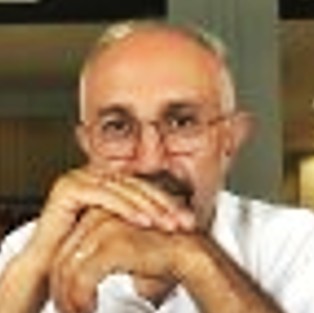




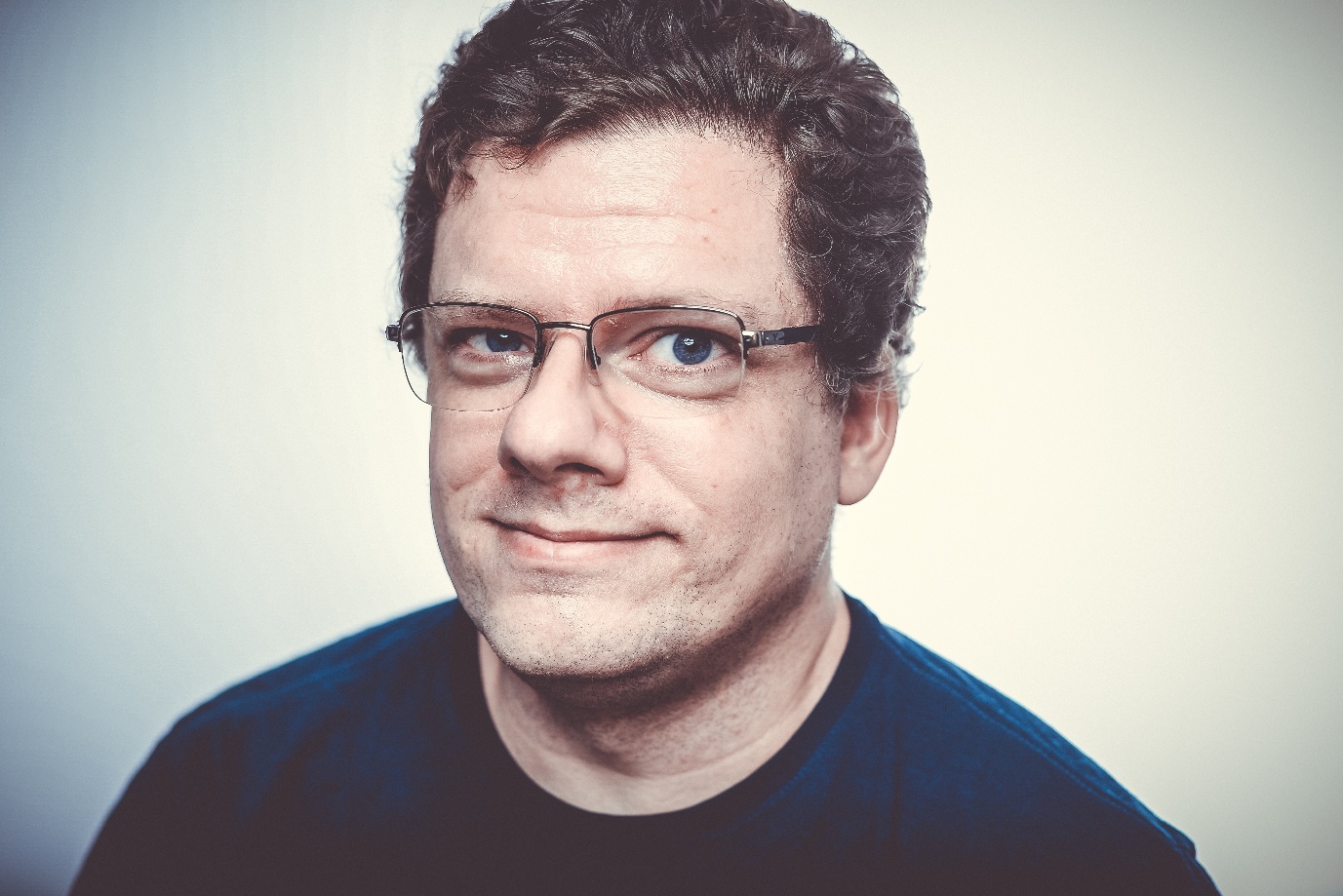





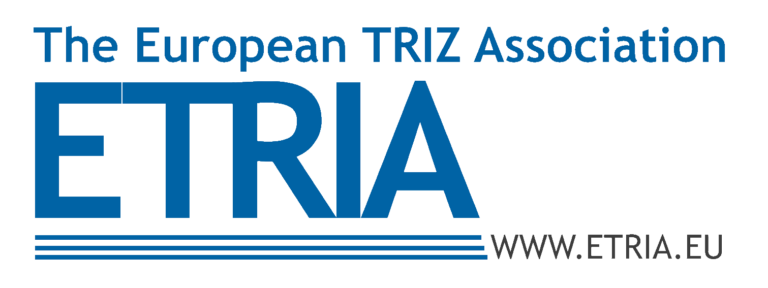

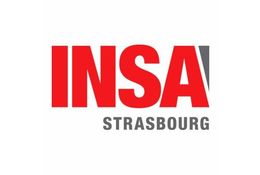
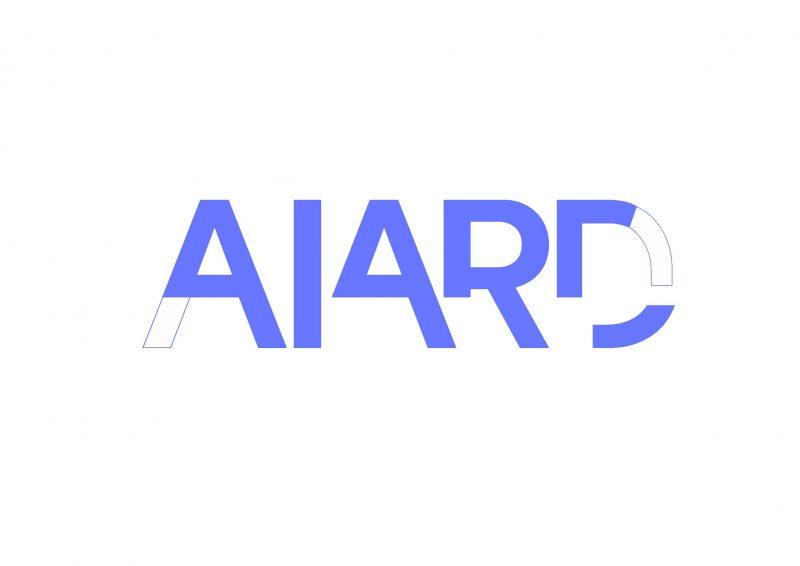
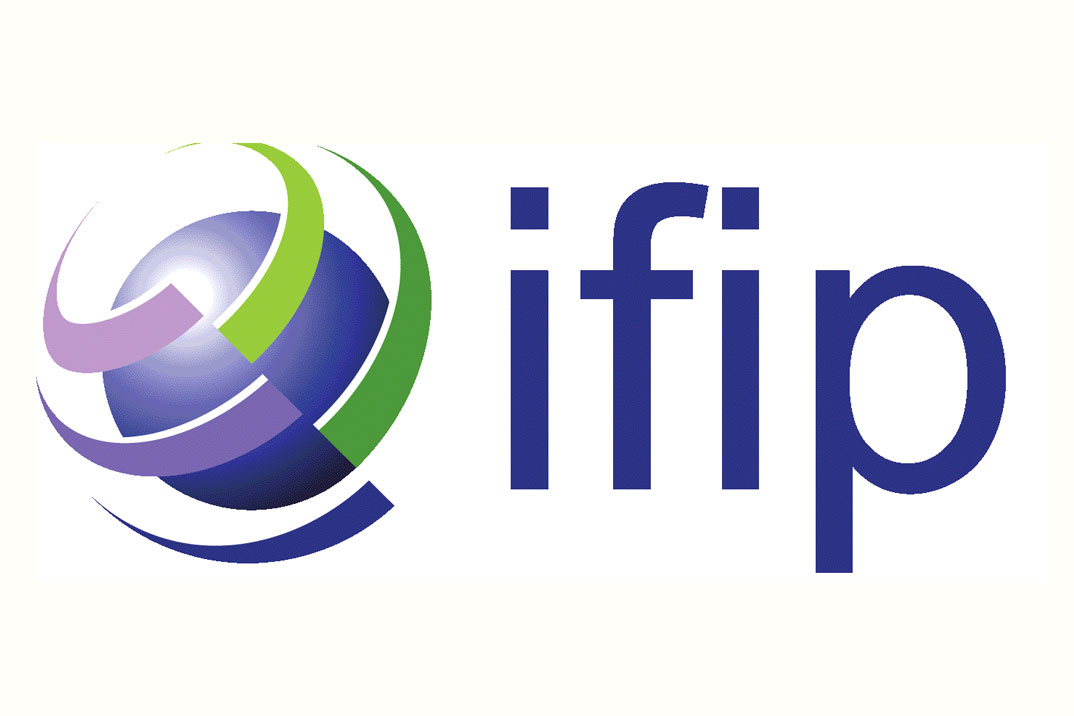
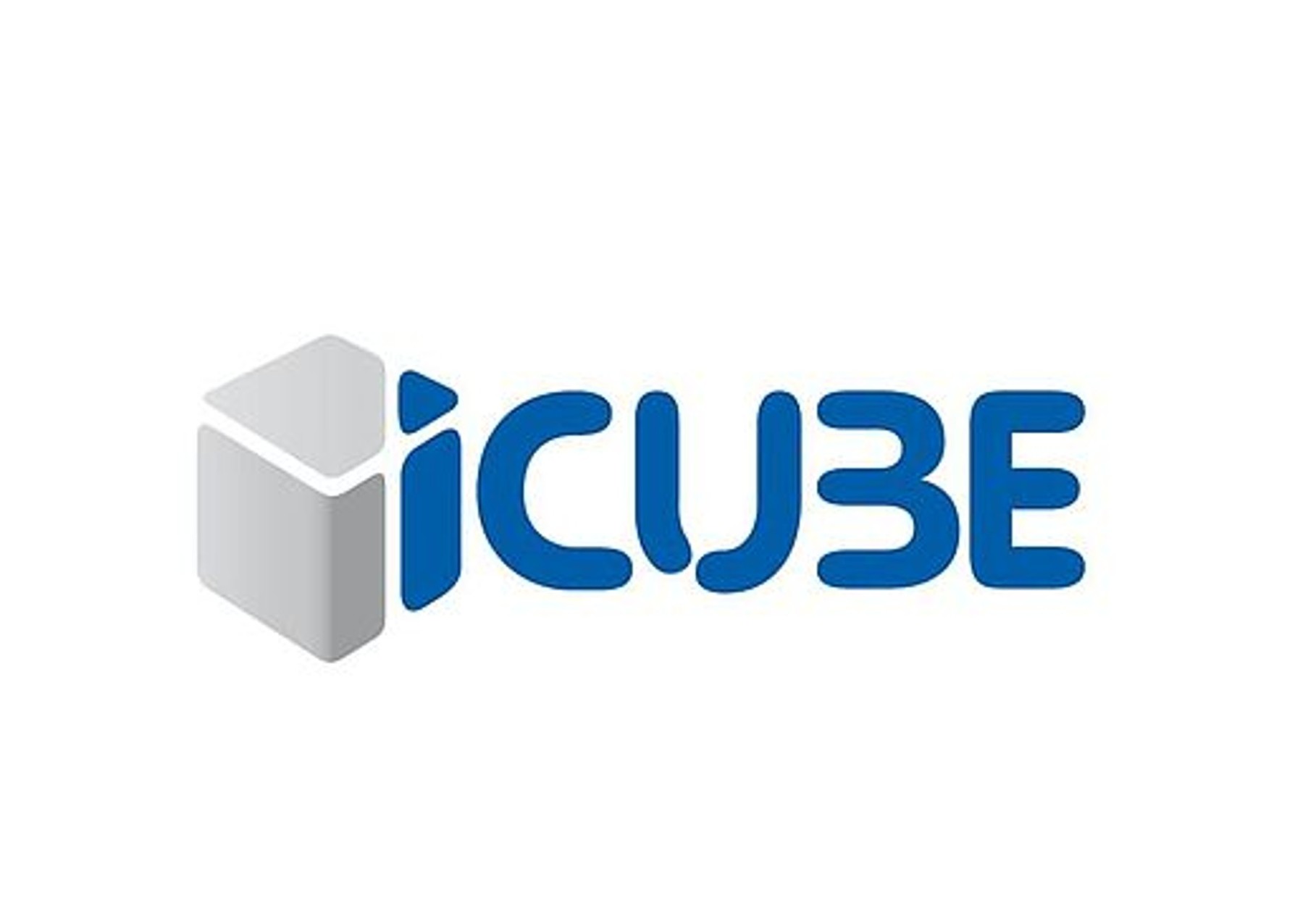
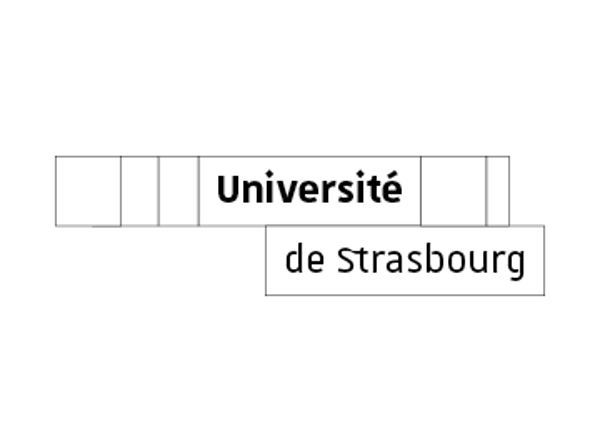

.png)
